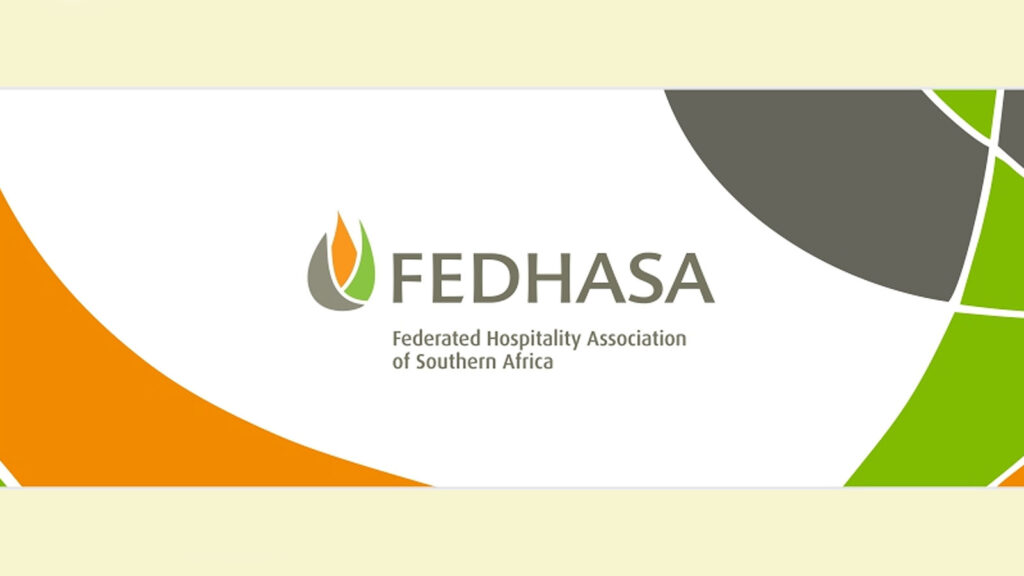JOHANNESBURG – FEDHASA acknowledges Home Affairs Minister AaronMotsoaledi‘s statement regarding the internal circular issued on 21 December 2023. While the Minister regards the ensuing media storm and the distress among the tourism sector as unintended consequences of an internal document, the reality presents a starkly different picture.
The experiences shared globally by “Swallows” – tourists who migrate seasonally in search of warmer climates – attest to a more distressing outcome. These narratives, far from being isolated, have reverberated through international communities, painting South Africa as a
destination fraught with visa challenges.
Says Rosemary Anderson, National Chair, Federated Hospitality Association of South Africa (FEDHASA): “It is a matter of fact that the circular, though intended for internal use, became a public concern that significantly dented the image of South Africa’s tourism sector. The delay inaddressing and retracting the circular allowed for widespread dissemination of negative experiences, solidifying a perception of South Africa as unwelcoming.”
This incident underscores a recurrent theme in our visa regime’s history – well-meaning policies that inadvertently deter tourism and tarnish our reputation on the global stage, she adds. This incident may not only have affected the immediate plans of many international visitors but
has also sown seeds of doubt about South Africa’s openness as a tourist destination. The damage inflicted by the circular – including forcing individuals to leave and marking them persona non grata for a period – goes beyond mere inconvenience. It has eroded the essential
confidence and security that tourists seek when choosing a destination.
Furthermore, the specific targeting of “Swallows”, who contribute significantly to our economy through extended stays, highlights a missed opportunity in our visa policies. These individuals, who seek refuge from the harsh European winters, are not merely tourists but are economic contributors who invest their time and resources into our local communities and businesses.
“The need for a more accommodating visa policy, one that recognises the value and potential of such long-term visitors, has never been more apparent,” Anderson says.
The discussion should not just revolve around rectifying the fallout of the circular but should also prompt a broader reassessment of our visa policies.
Proposals for Visa Regulation Improvements
In response to these challenges, FEDHASA proposes several key improvements to the visa regulation framework:
Introduction of longer-term visas: Recognising the seasonal migration patterns of international visitors, particularly from Europe and America, South Africa should consider the introduction of longer-term visas. These visas would accommodate stays beyond th traditional three-month period, catering to those with the financial means to spend extended periods in the country without seeking employment.
Streamlining the visa extension process: The current process for extending visas, crucial for visitors wishing to stay longer than three months, must be simplified and made more transparent. The receipt of a visa extension application should be recognised as a valid interim measure to allow applicants to remain in the country while awaiting the outcome.
Addressing the backlog and improving communication: Efforts must be intensified to address the significant backlog in visa processing and to improve communication with applicants. This includes providing timely updates on application status and resolving technical issues within the eVisa system to ensure a smoother, more reliable experience.
Promoting tourism recovery and economic growth: It is imperative that all barriers to entry for international visitors be critically examined and addressed. By making strategic adjustments to our visa policies, we can encourage longer stays, increase spending in our economy, and accelerate the recovery of the tourism sector.
FEDHASA remains committed to working closely with the Department of Home Affairs, the tourism industry, and other stakeholders to ensure that South Africa is seen as a welcoming, accessible, and attractive destination for international visitors.
“Through collaborative efforts and constructive dialogue, we can overcome the current challenges and pave the way for a thriving tourism economy that benefits all South Africans,” Anderson concludes.
The article FEDHASA responds to South Africa’s Home Affairs Minister’s statement on visas and tourism first appeared in TravelDailyNews International.


+ There are no comments
Add yours